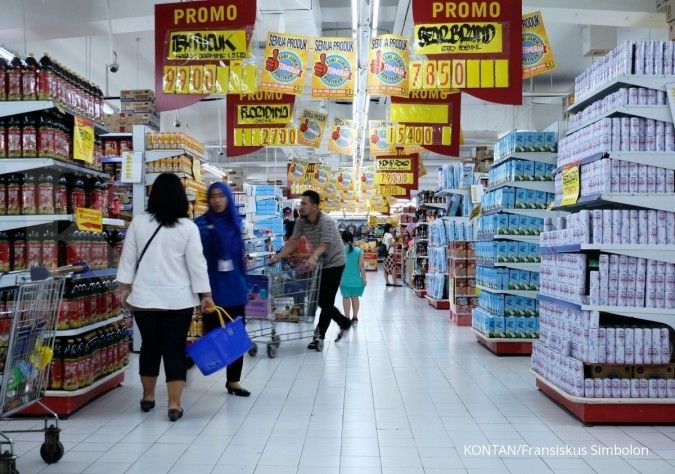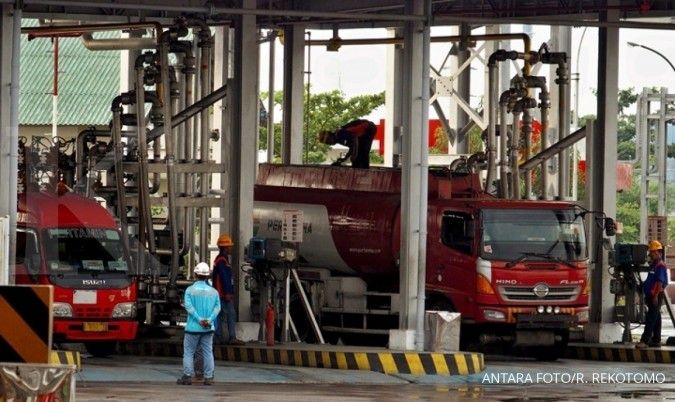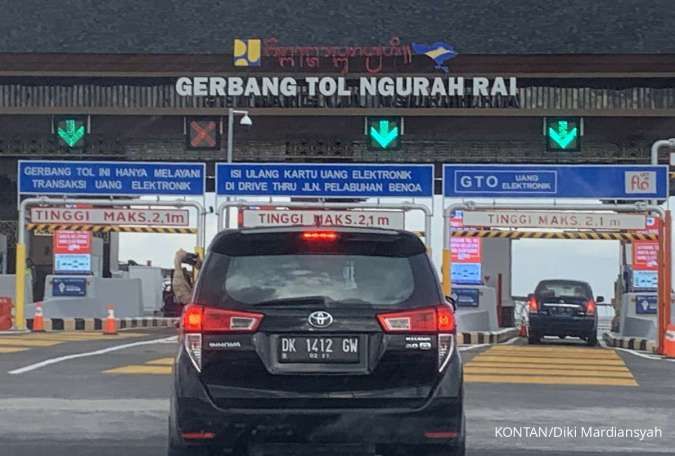ECONOMIC GROWTH - JAKARTA. The burden on the middle class continues to grow amidst the rising trend of goods and services prices, while income growth is sluggish. The government's policies, such as the 3% monthly income levy for the public housing savings program (Tapera), have further exacerbated their financial strain.
The Tapera levy adds to the myriad of existing burdens borne by workers, including income tax (PPh) 21, health and employment social security (BPJS), work safety insurance (JKK), death insurance (JKM), old age insurance (JHT), and pension insurance.
Eko Listiyanto, Deputy Director of the Institute for Development of Economics and Finance (Indef), believes that these burdens will further suppress the income of the middle class, ultimately affecting their purchasing power and consumption. The government could alleviate the burden on the middle class by reducing the value-added tax (PPN) rate.
"However, this seems nearly impossible considering the trend of PPN policy is also increasing (from 11% to 12% in 2025)," said Eko on Sunday (2/6). Another option is for the government to stimulate higher economic growth than the current rate by boosting investment, thus ensuring adequate job availability.
Read Also: Indonesia Ensures Sufficient Fuel Stocks in the Midst of the Middle East Conflict
Ronny P Sasmita, Senior Analyst at the Indonesia Strategic and Economic Action Institution (ISEAI), argues that the income of the middle class is barely sufficient to meet a decent standard of living. According to the 2022 Cost of Living Survey (SBH) by the Central Statistics Agency (BPS), a decent standard of living in Jakarta is around IDR 15 million per month.
In reality, the minimum provincial wage (UMP) in this region is only IDR 5.1 million. "With today's middle-class worker income, various deductions and levies are quite burdensome," he said.
The government can protect the purchasing power of the middle class by improving the UMP of workers, in addition to providing social assistance and subsidies as a form of fiscal cushion. For example, by increasing the UMP of workers by 8% per year for two years leading up to 2027, so that when the Tapera deduction period comes, it does not affect their income.
Bhima Yudhistira Adhinegara, Executive Director of the Center of Economic and Law Studies (Celios), predicts that about 115 million middle-class people or those aspiring to be middle class could fall back into the lower-class group. "Those who were previously in the 40% middle class could fall into the 40% poor group," he said yesterday.
Read Also: The Richest Women in Indonesia, with Assets of Hundreds of Trillions of Rupiah
Bhima says this concern arises because the middle class is under increasing pressure from various levies. Meanwhile, the minimum wage increase is relatively low, even disappearing when offset by food inflation.
The heavy costs, coupled with numerous levies, could also reduce middle-class consumption. This will impact businesses, which could affect the aggregate demand for various consumer goods. Therefore, Bhima hopes that regulations like Tapera will not be continued as the current momentum is not right.
Instead, he believes, the government should increase fiscal cushions in the form of social protection for the middle class and those aspiring to be middle class, especially since this group receives less fiscal aid from the government. "The portion of social protection against GDP (gross domestic product) is still small, below 4%, far behind other countries in ASEAN," he said.
/2018/02/25/1964173199.jpg)















